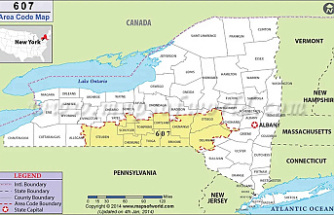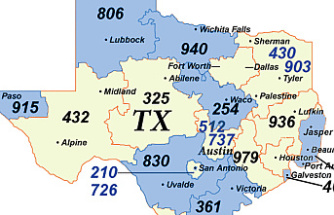Republican Governor. Brad Little signed the law that allows family members to sue doctors who perform abortions after detection of cardiac activity in an embryo.
Little wrote to Lt. Governor, "I stand in solidarity alongside all Idahoans who seek the protection of the lives preborn babies," Janice McGeachin is the president of Senate.
The conservative law is expected to go into effect within 30 days of its signing. However, court challenges are possible.
It is believed that Idaho has the best chance to restrict abortions after years of trying. The state passed a six-week ban on abortion last year. However, it needed a favorable Federal Court ruling in a similar case for the law to be effective.
Republicans hold supermajorities in the Senate and House. The Senate passed the measure 28-6, and the House 51-14. There was no Democratic support. The measure was opposed by three House Republicans.
However, Little expressed concern about the legislation.
He wrote, "While I support the prolife policy in the legislation, I fear that the novel civil enforcement mechanism in the short order will be proved both unconstitutional as unwise."
Opponents consider it unconstitutional and point out that many women don't know they are pregnant until six weeks.
Advanced technology can detect the first fluttering of electric activity in embryo cells as early as six weeks. The flutter is not a beating heart. It's actually cardiac activity that will eventually turn into a heart. After the eighth week of pregnancy, an embryo is called a fetus. The actual heart forms between the ninth and twelveth weeks.
Idaho law permits the father, grandparents, siblings and aunts, uncles of "preborn children" to sue abortion providers for at least $20,000 in damages within four-years after the abortion. The law prohibits rapists from filing a lawsuit, but relatives of rapists could.
The law is modeled on a Texas law, which the U.S. Supreme Court allowed to stay in place until a challenge is made. Ordinary citizens can enforce the law in Texas, replacing state officials who would normally do so. Texas law allows for lawsuits against doctors, clinics and anyone else who "aids in or abets" abortions that are not allowed by law.
Many other states are considering similar laws, including Tennessee which introduced an abortion bill that was Texas-styled on Tuesday.
Lauren Necochea, Idaho Democratic Representative, stated that "the vigilante aspect" of the bill was absurd. Its effects are severe and it is clearly unconstitutional.
Republican Rep. Steven Harris was the bill's sponsor. He said in a statement that the bill "ensures that the people in Idaho can stand up to our values and do all in our power for the prevention of the wanton destruction innocent human life."












